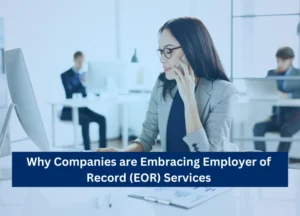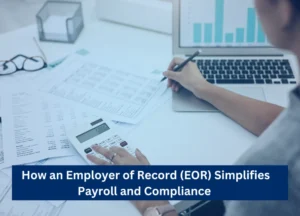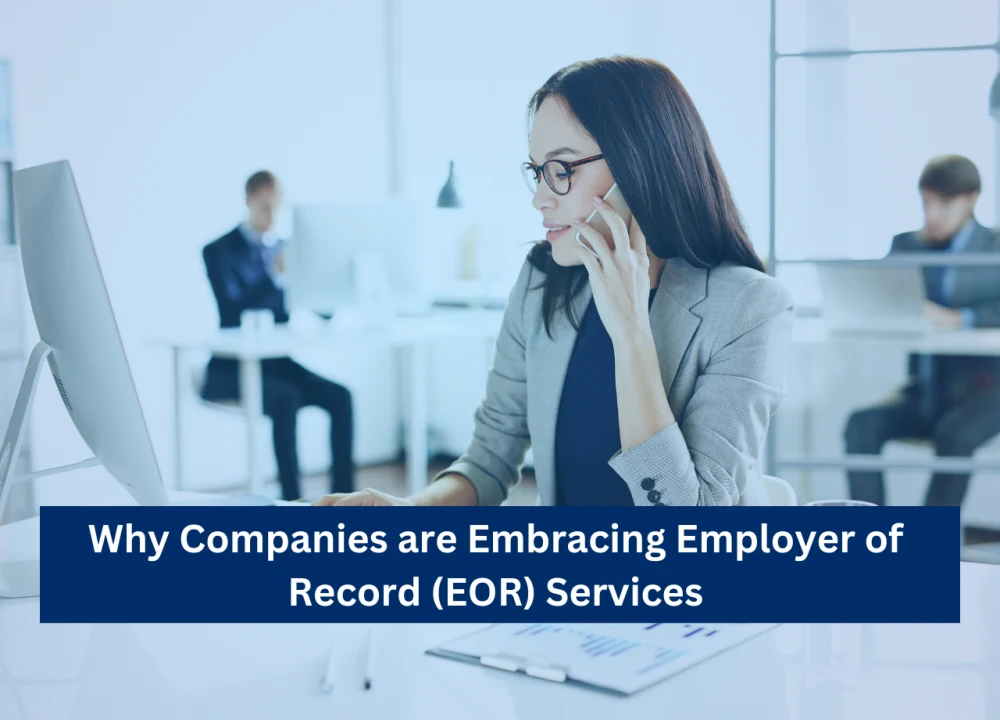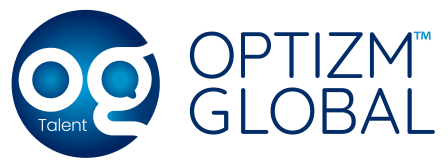The recruitment and retention of the right resources is one of the most important aspects of any business. It is especially crucial for startups as they are building their teams from scratch and have to be careful about who they hire for each role to ensure that their business succeeds.
As a startup, you don’t have the luxury of time. You need to get things done quickly and efficiently. That’s why it’s important to have a streamlined hiring process that allows you to find the right people in a short amount of time.
You don’t want to waste your time on resources who aren’t qualified or won’t be a good fit for your team. When you’re working with a small team, each member needs to have the right skills, personality, and attitude if they’re going to succeed in their position.
You have to consider your budget and the needs of your growing business, but you also have to find candidates who are ready, willing, and able to work in an environment where the rules seem to change every day.
DIFFERENCE BETWEEN STARTUP RECRUITMENT AND CORPORATE HIRING
Startup recruiting is different from other companies. You don’t have the same hiring process or talent search techniques that traditional firms do. When you’re a startup, everything is different. Your entire company is built on the idea of doing things differently, so why would hiring be any different?
When you’re a startup, your hiring priorities are different from those of a larger company.
Startup recruitment is more challenging, but it’s also more rewarding when you find the right person. As a startup, you can afford to be flexible and hire candidates who wouldn’t fit into a traditional mold. This helps create a company culture that is more open-minded and innovative, which leads to better ideas being generated by everyone in the workplace.
In contrast, large companies are more likely to hire candidates who fit into a specific mold. They have to be careful about how much they spend on hiring someone, so they focus on finding the best candidate who fits their criteria exactly. This means that even if someone is great at what they do but doesn’t fit in with the company culture or way of working, then they’re unlikely to be hired by a large corporation.
STARTUP TALENT SEARCH PROCESS
The process of recruiting talent is different in a startup than it is in a corporation. In the latter, you might have a hiring manager who manages the entire process and brings on multiple people at once. In a startup environment, there’s no one person responsible for driving your recruitment efforts—and it’s more continuous because there are always new positions to fill as your company grows.
Startup recruitment is also different from corporate recruiting because of its focus on identifying and attracting top talent first before evaluating them against each other or against candidates that have already been hired. In addition to this approach being necessary due to short time frames and lack of resources, it helps ensure that your hires are aligned with your mission and vision (which is not always true for corporate hires).
The startup hiring process is very different from the standard corporate recruitment model, and it’s important to understand how these differences will impact your efforts going forward. Here are some of the key differences you’ll encounter as you manage your startup talent acquisition process:
- Startup recruitment is more personalized
- Startup recruitment is faster-paced
- Startup recruitment is more strategic
SKILL/EXPERIENCE MATCHING
An important step of the startup hiring process is matching a job with the candidate. In other words, this is where you create your shortlist of candidates that you are considering for the role and then compare these to your open role requirements.
The first step is screening, a methodical evaluation of candidates to determine their suitability for positions at your company. Candidates may be screened using any combination of criteria: education, experience, certifications or licenses; professional references; personal interviews; skill exams; personality assessments; drug tests.
The second step is creating a shortlist to review the skill/experience requirements for the job and make sure that those match up with what you have in mind for an ideal candidate. If they don’t line up perfectly, then it’s time to dig deeper into why that may be so — could it be more about their attitude than their actual skillset? Or maybe they’re just lacking a little bit of experience but have all of the other things you need?
These two steps are followed by interviewing, which involves meeting with candidates face-to-face (either individually or in groups) so that you can assess their suitability for positions in your organization.
CONCLUSION
It’s important to note that the hiring process can be quite complex, but the majority of it comes down to two key factors: matching open roles with shortlisted resources (skill/experience matching) and screening those candidates before bringing them in for interviews.
This will ensure that your team members are suitable for the positions they want, know exactly what needs to be done on their first day at work—and most importantly—they’re interested in working for your company!
Luckily, there are ways you can streamline your hiring process so you can find the perfect match for your open roles faster than ever before!
Optizm Global is among the best startup talent recruitment companies. We helped several startups find the best talent for various roles and we can do the same for your startup. Share the details of open roles you have now, and let our startup recruitment specialists take care of the rest.












